United Way of King County’s ParentChild+ Prepares Kids for School, Builds Communities
Patty* was so impressed by her daughter’s success in United Way of King County’s ParentChild+ program, which supports early childhood development, that it inspired her to go to Highline College to study child development, and she is now helping other families with children through the program.
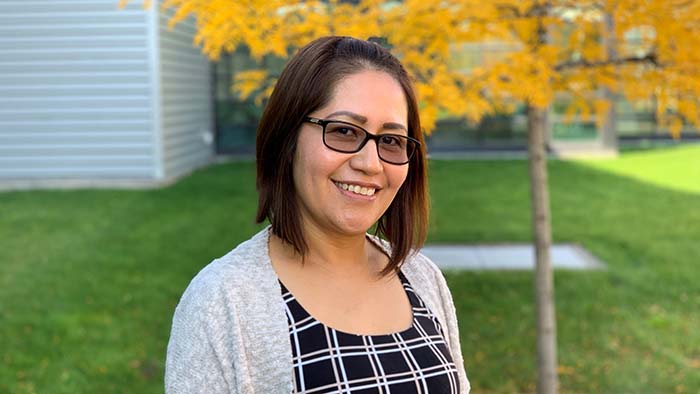
Patty found out about ParentChild+ after she moved to a new apartment community, where she heard from a program coordinator about the help the children receive, such as reading and playing educational games. She enrolled her youngest daughter, Brisa, and soon after she noticed the positive changes.
“Brisa was very timid at first,” Patty said. “But after a few visits, I could see the transformation. She eagerly awaited the home visitor on the visit days. She became more social.”
ParentChild+ supports families by having trained coaches, known as home visitors, visit 2- and 3-year-old children and their parents in low-income and struggling families twice a week for two years, for a total of 92 visits. United Way offers the program to underserved communities through 17 partners in King County.
The home visitors bring educational toys and read with the children, and parents observe and learn how to work with their kids during those early years, so the children will be better prepared for kindergarten.
Parents whose children have participated in the program said they noticed a remarkable change in their kids.
After a few visits, I could see the transformation. She eagerly awaited the home visitor on the visit days. She became more social.
– Patty
Karen Howell-Clark, education strategies director at United Way, said home visitors use “modeling,” like reading a book to the child, as a way to engage the parent and show them that their role is important.
“It keeps families engaged,” said Howell-Clark. “Initially, the home visitor talks more, but it transitions to parents.”
Howell-Clark added that ParentChild+ hires parents who have participated in the program, and for many of them being a home visitor is their first job in the United States.
Nura* was also a parent whose child participated in the program and then became a home visitor because she saw the positive changes in her son, Bilal. She decided she “wanted to make a difference in other children” in her community.
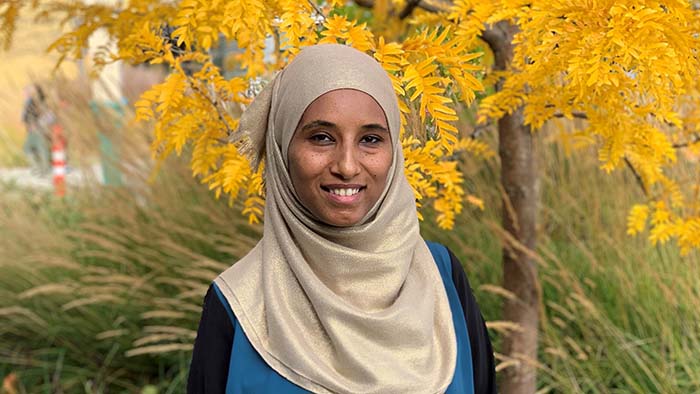
“The first visit, [Bilal] wouldn’t even sit with me and the home visitor—he was acting different,” Nura said. “But the home visitor was very good. She would just start reading, and after a while, Bilal started smiling. After the home visitor left, he would bring me the book, so I would read with him.”
Nura, who speaks Tigrigna and Amharic, said speaking to parents in their own language builds confidence, which is important to create a bond with them. She said ParentChild+ impacts the community because it prepares the parents to get involved in their children’s education.
Gaby* also said her daughter, Emma, initially was very shy, but she gained confidence and was more open to learning.

“It’s very important to have the children get used to learning,” Gaby said. “Once they get to school, they know what they have to do because the program encouraged them to learn.”
Howell-Clark said home visitors speak the family’s language and share the same culture, which is important to build trust and support their communities. Additionally, they do the modeling at the child’s home, because it’s more comfortable for the families.
“We work with parents to become advocates for the children and community,” Howell-Clark said.
Miriam* gained self-confidence as well and became an advocate for her own apartment building’s tenant community. Because of her limited English-language skills, she asked her home visitor, Rosa, to help her write a letter to the building’s management to request that they clean up the property’s playground, which Miriam said was unsafe for children.
Miriam said she liked the fact that Rosa speaks Spanish, which put her at ease. She said Rosa brought puzzles to play with her son, David.
“I loved that Rosa helped develop David’s mind and made him think,” she said. “He learned new things and prepared her for school.”
Patty said the first years of a child’s life are important, so it is crucial to promote learning at an early age, which ParentChild+ does.
Gaby added that even playtime should be used as learning time.
“It’s important to play with a purpose,” Gaby said. “They learn and gain knowledge.”
When parents become their children’s first and best teachers, kids start school on a path to success.
United Way of King County’s ParentChild+ supports struggling and low-income families in our communities by pairing coaches, also called home visitors, with parents who share the same language and culture and prepare their children for preschool and kindergarten.
Research shows that a family’s income, race and ZIP code correlate with a child’s chances for success in school, and ParentChild+ helps to increase family engagement during the crucial early years and works to reduce poverty and racial inequity.
The benefits of ParentChild+ persist through a child’s educational years. A recent study shows that children who participate in the program are better prepared for kindergarten and have increased academic performance in third grade. Additionally, they are more likely to graduate from high school.
*Last names withheld to preserve participants’ privacy.

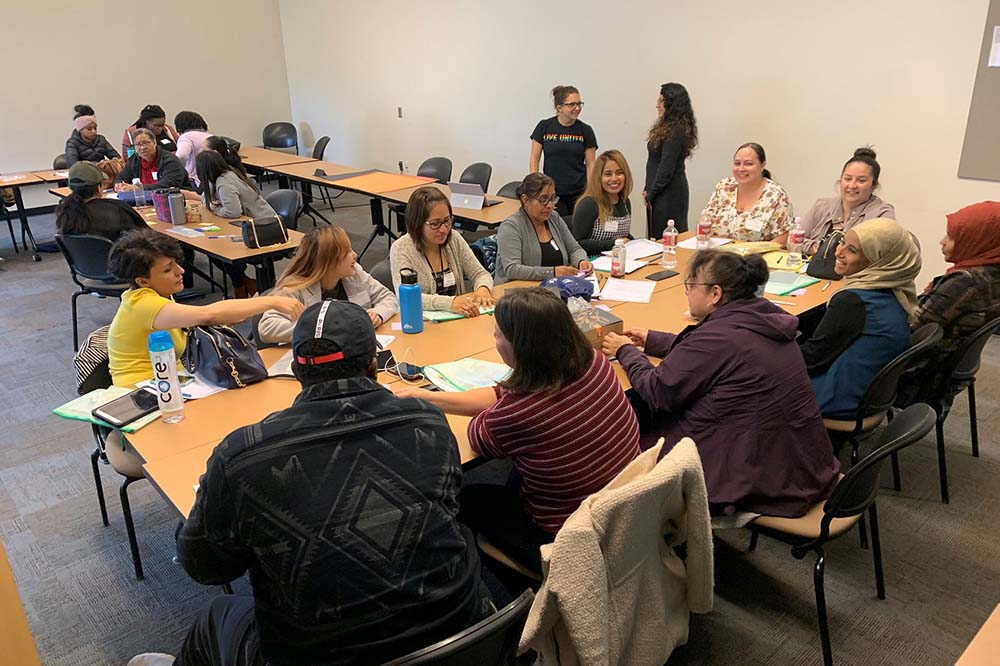

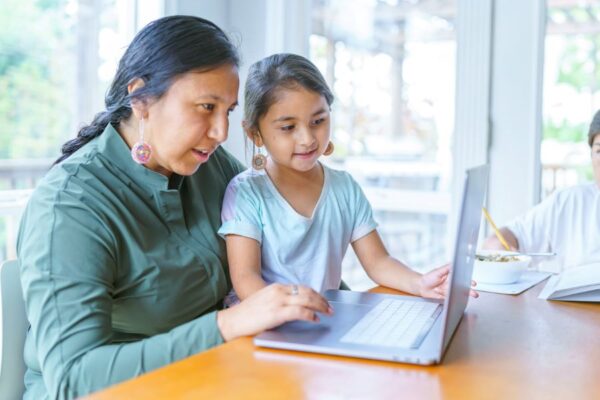
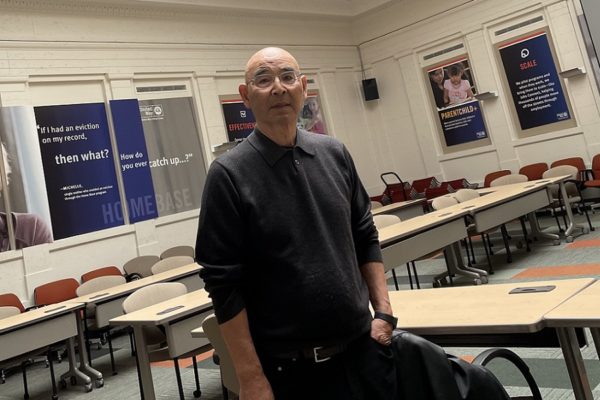
Comments